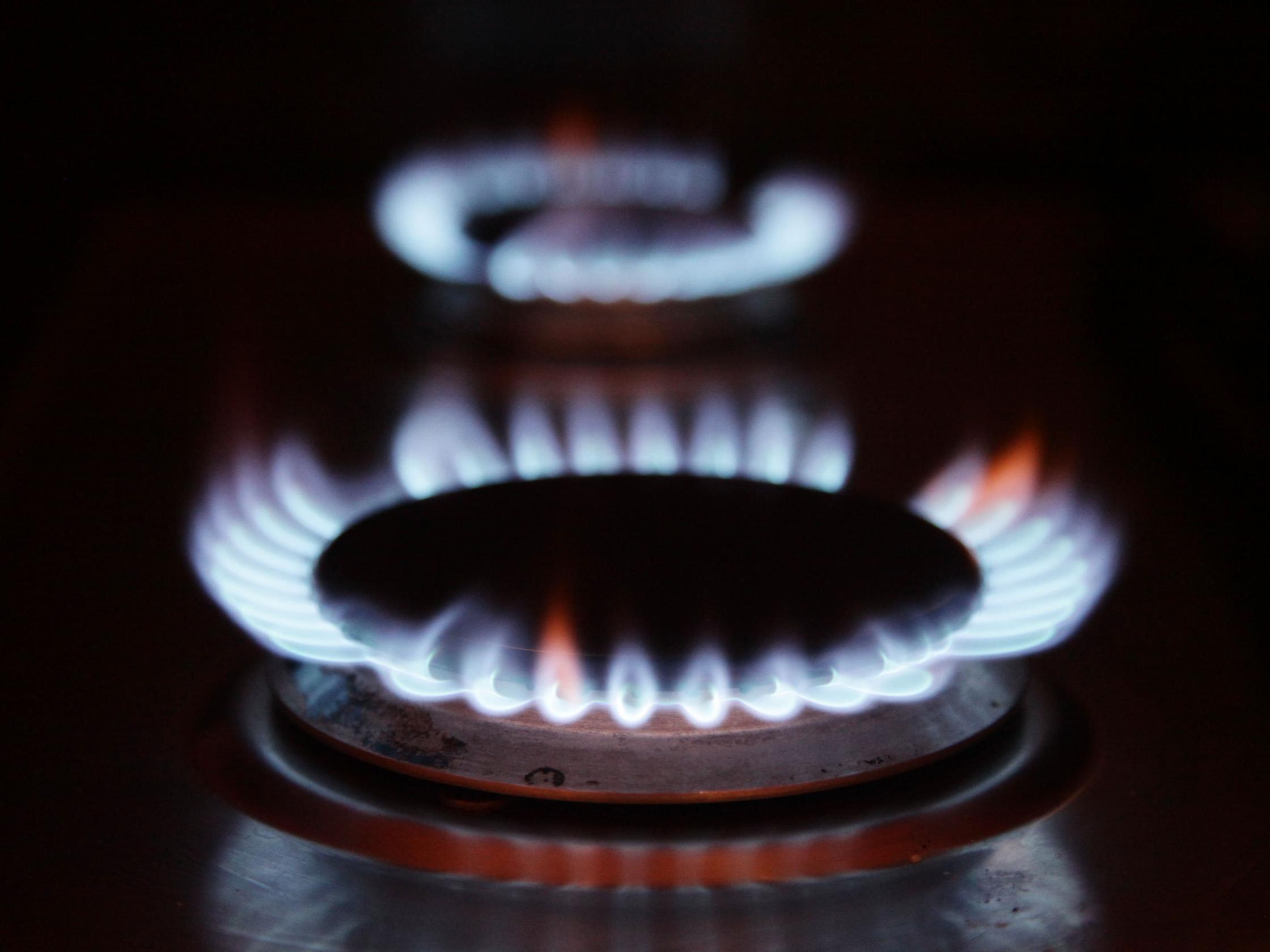250,000 households face energy bill hikes in next three months as they are switched to 'rip-off' tariffs
During April, May and June, 130 fixed-rate tariffs will come to an end, research finds

A quarter of a million households face paying an extra £200 on their energy bills in coming months as suppliers switch them to more expensive default tariffs, labelled a “rip-off” by politicians.
During April, May and June, 130 fixed-rate tariffs will come to an end, according to research by comparethemarket.com.
About 247,000 households on those deals face being moved on to an expensive standard variable tariff (SVT) or equivalent and could see their bills rise if they do not switch.
Those consumers face paying an additional £200 on their annual bills, on average, the price comparison site calculates. That would equate to a £50m “inertia dividend” for gas and electricity providers.
The biggest hikes in the cost of energy will impact households with tariffs ending in April, where the average annual increase in energy costs will be £217 if no change to their tariff is made, the research found.
Last week, British Gas hit 4.1 million customers with the news that it would hike prices by an average of 5.5 per cent from next month, taking its typical yearly dual fuel bill to £1,161.
A government bill proposing an energy price cap for 11 million households was proposed in February and is working its way through the House of Commons, but it has triggered mixed reactions from consumer groups.
The proposed new rules would allow energy regulator Ofgem to limit tariffs until 2020 and could save people up to £100 a year, according to government figures. Martin Lewis, founder of MoneySavingExpert.com, labelled it a “halfway house”.
Peter Earl, head of energy at comparethemarket.com, said: “There is no question that ‘default’ or, the more infamously named, ‘standard variable tariffs’ are bad value for the majority of the UK that remain on them.
“The government is expected to take action to cap the prices of these products in due course, but these measures mask the best solution for cost weary customers.
“For those that haven’t yet shopped around, they can expect to save around £200 if they switch to the cheapest tariffs on the market. It is essential that customers take the time to look around for the best deal to avoid being ripped off.”
A 2016 report by the Competition and Markets Authority found consumers were paying about £1.4bn a year in excessive prices on the six largest energy company’s SVTs.
Energy companies including British Gas, E.ON and SSE have pledged to phase out SVTs and instead move people on to other fixed tariffs. However, recent research by Octopus Energy showed that the price of these deals is almost identical to the SVTs they are replacing.
Join our commenting forum
Join thought-provoking conversations, follow other Independent readers and see their replies
Comments